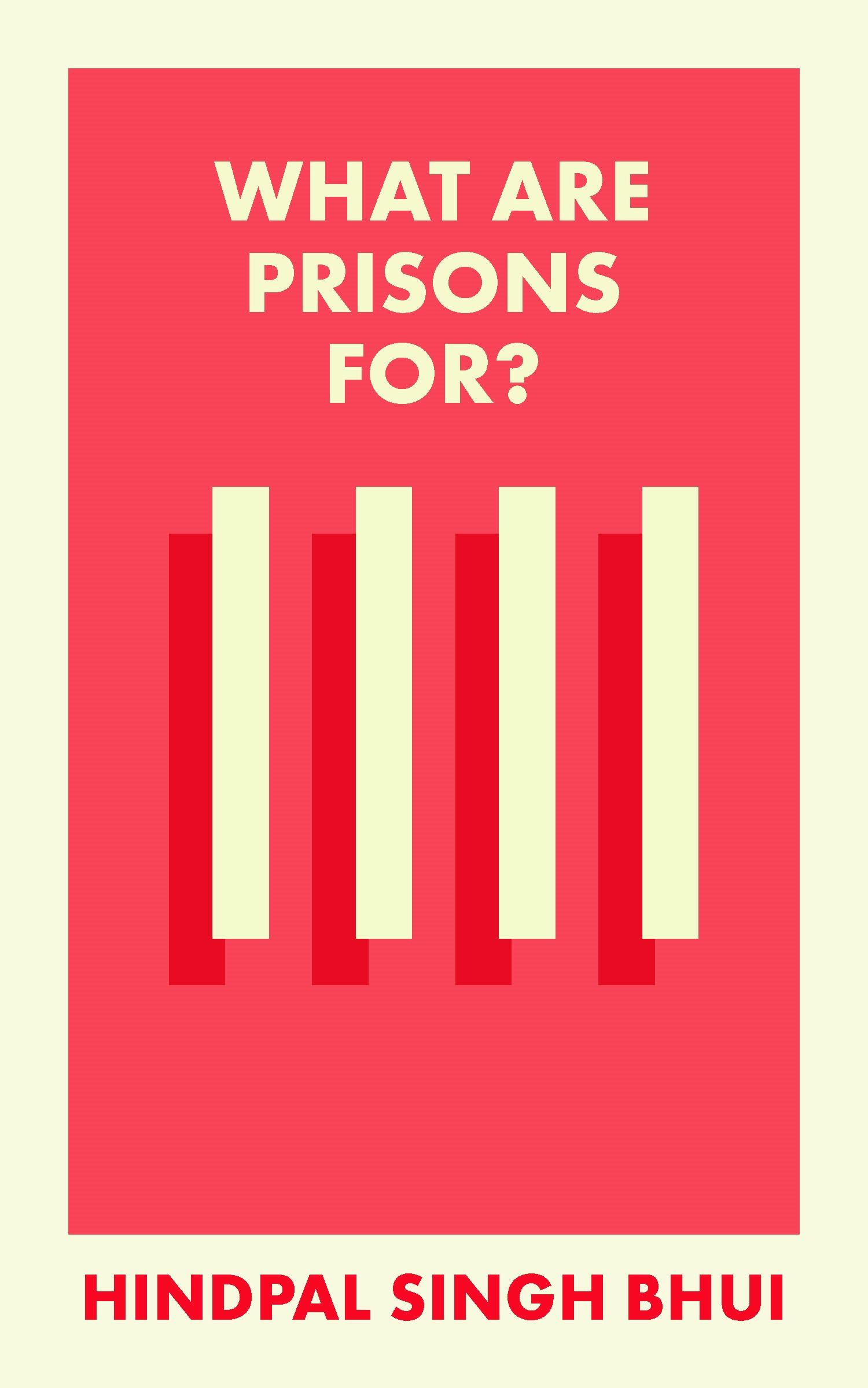What Are Prisons For? Book Launch
Notes & Changes
This event will not be Hybrid, it will be recorded by Bristol University Press. Only the chair and panellists will be recorded (who have provided consent) and not the audience or Q&A.
A drinks reception will be held in the Criminology social area from 5-6pm. All who attend the event are invited to join us.
This event is almost at capacity (40)- I will email all registrants by next Wednesday 24th to advise if you have a guaranteed place. Please contact me if you have signed up and can no longer attend, this event will be in person only. If you wish to attend, please continue to sign up, I will keep a waiting list of 10 people and email out as and when spaces become available.
What does a good prison look like? More than eleven million people are currently locked up in prisons across the world, but does that mean that prison actually works? The answer usually depends on what people believe and feel about crime, punishment and what happens inside prisons. The deep social and personal impact of prisons demands that we try to search for a better understanding of the evidence and ideas that have made prisons so ubiquitous.
Hindpal Singh Bhui, with 25 years’ experience of visiting and working in prisons worldwide, argues that we need to look at who is sent there and why, to disentangle reality from ideology and myth. Introducing the competing histories of prisons and allowing the voices of prisoners, prison staff and victims to be heard, he asks whether there is a better way to achieve what society wants from its prisons.
Biography:
Hindpal Singh Bhui OBE is Visiting Law Professor at the Centre for Criminology, University of Oxford, and an Inspection Team Leader at HM Inspectorate of Prisons. He has undertaken hundreds of visits to places of detention around the world, and has led various international projects to support prison and immigration detention reform. He is an Expert for the European Committee for the Prevention of Torture and Inhuman and Degrading Treatment or Punishment (CPT), part of the Council of Europe.

Bristol University Press I 9781529226898 I Paperback I 182 pages I £8.99
Reviews
“An empathetic and forensic analysis that confronts the most important but hardest and most neglected question about prisons: what are they for?” Nick Hardwick, Royal Holloway, University of London
"With an ever-rising prison population, there has never been a better time to ask what prisons are for. This wide-ranging and thoughtful book, drawing on inspection experience and comparative research, points out that, despite the stated aim of rehabilitation, ‘[t]he vast majority of prisons are good at keeping people in and mediocre or poor at everything else’. So, prisons can and must be improved – but if we think that a massive investment in prisons is the answer to complex social problems, we are not asking the right question." Dame Anne Owers, previously Chief Inspector of Prisons and Chair of Independent Monitoring Boards

"An exceptional overview of the history and nature of imprisonment, managing to be highly comprehensive, analytically sophisticated and crystal clear.” Ben Crewe, Prisons Research Centre, University of Cambridge
"Its key strength and unique contribution is an unusual fusion of experience, research and theory. Profoundly scholarly and evidence-based, it is also deeply rooted in Bhui's experience, and in his encounters with prisoners and staff inside prisons. His remarkable gift for asking normative questions (about what prisons should be) and critical and empirical questions (about what prison is and what it does) marks this book out as a compelling and important intervention. Anyone with an interest in prisons and, more generally, in punishment, should read this book, and reflect upon it deeply." Fergus McNeill, University of Glasgow
“Professor Bhui expertly weaves together his observations from a diversity of prisons, rich historical and social context and often overlooked perspectives to highlight the challenges facing modern carceral systems and – perhaps most uniquely – provide a compelling foundation for meaningful change.” Jordan M. Hyatt, Drexel University, USA
“To change it, we have to understand it. Bhui’s engaging, informed and critical analysis of the purpose of prisons and the impact of those who spend large parts of their lives inside them, is a significant contribution towards this aim. Students, scholars, correctional professionals, abolitionists, penal enthusiasts and liberal reformers – this book is for all of them.” Anna Eriksson, Monash University, Australia


